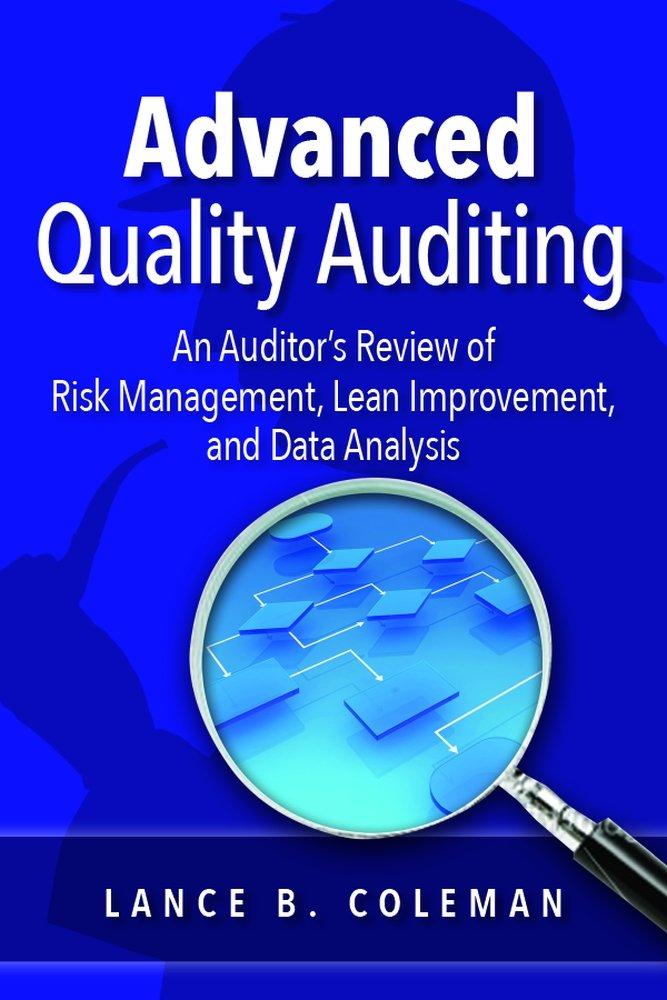Question
SECTION A: CONCEPTS AND LAW No. Tax statements and scenarios TRUE, FALSE, YES, NO, AMOUNT, REQUIRED ANSWER 1 DTA is ONLY about elimination of international
SECTION A: CONCEPTS AND LAW
| No. | Tax statements and scenarios | TRUE, FALSE, YES, NO, AMOUNT, REQUIRED ANSWER |
| 1 | DTA is ONLY about elimination of international double taxation |
|
| 2 | 3 types of international double taxation exists |
|
| 3 | BEPS has 14 action points |
|
| 4 | FDI, generally, is the first step on internationalization process |
|
| 5 | OECD Model is more supportive of developing country interests |
|
SECTION B: BASE EROSION PROFIT SHIFTING (BEPS)
Explain the following terms and concepts in the context of BEPS action points:
- Beneficial ownership
- Tax arbitrage
- Artificial PE
- Hybrid Mismatches
- Tax Shelters
- Thin Capitalization
- Harmful Tax Practices
- Country by Country Reporting
- Covered Tax Agreements
- Compulsory Arbitration
- Multilateral Instrument
- Principal Purpose Test
- Limitation of Benefits
SECTION C: DOUBLE TAX AGREEMENTS
Explain the following terms and concepts in the context of Double Tax Agreement:
- Tax Sparing
- Tie-breaker rules
- Centre of Vital Interest
- Business Profits
- Residency clash
- Source clash
- Commissionaire agents
- Associated Enterprises
- Corresponding Adjustments
- Fiscal evasion
- Assistance In Collections
- Country of Source
- Country of Residence
- Mutual Agreement Procedure
- Taxing Rights
- Non-Discrimination
- Exchange of Information
SECTION D: APPLICATION QUESTIONS
- Explain two types of international double taxation and by making reference to tax treaties, explain how these double taxation situations can be resolved and eliminated?
- Explain how the credit and exemption methods by reference to Fijis Income Tax Act provide some examples on these?
- Whats the linkage between Permanent Establishment and Business Profits Articles in DTAs?
- Explain two types of incomes on which taxing rights between country of source and country of residence is shared?
- Explain all the BEPS action points relating to Transfer Pricing?
- From BEPS persepective, evaluate the statement Digital Economy is the Economy
SECTION E : CASE STUDIES
- Compare and contrast Fijis Double Tax Agreements with 13 countries with OECD Model Convention and state tax treaty issues.
- Explain tax sparing positions in treaties?
- With examples, explain how section 60 of the Fiji Income Tax Act work?
- Using internet research, explain what led to the termination of Double Tax Agreement between Netherlands and Mongolia
Step by Step Solution
There are 3 Steps involved in it
Step: 1

Get Instant Access to Expert-Tailored Solutions
See step-by-step solutions with expert insights and AI powered tools for academic success
Step: 2

Step: 3

Ace Your Homework with AI
Get the answers you need in no time with our AI-driven, step-by-step assistance
Get Started


